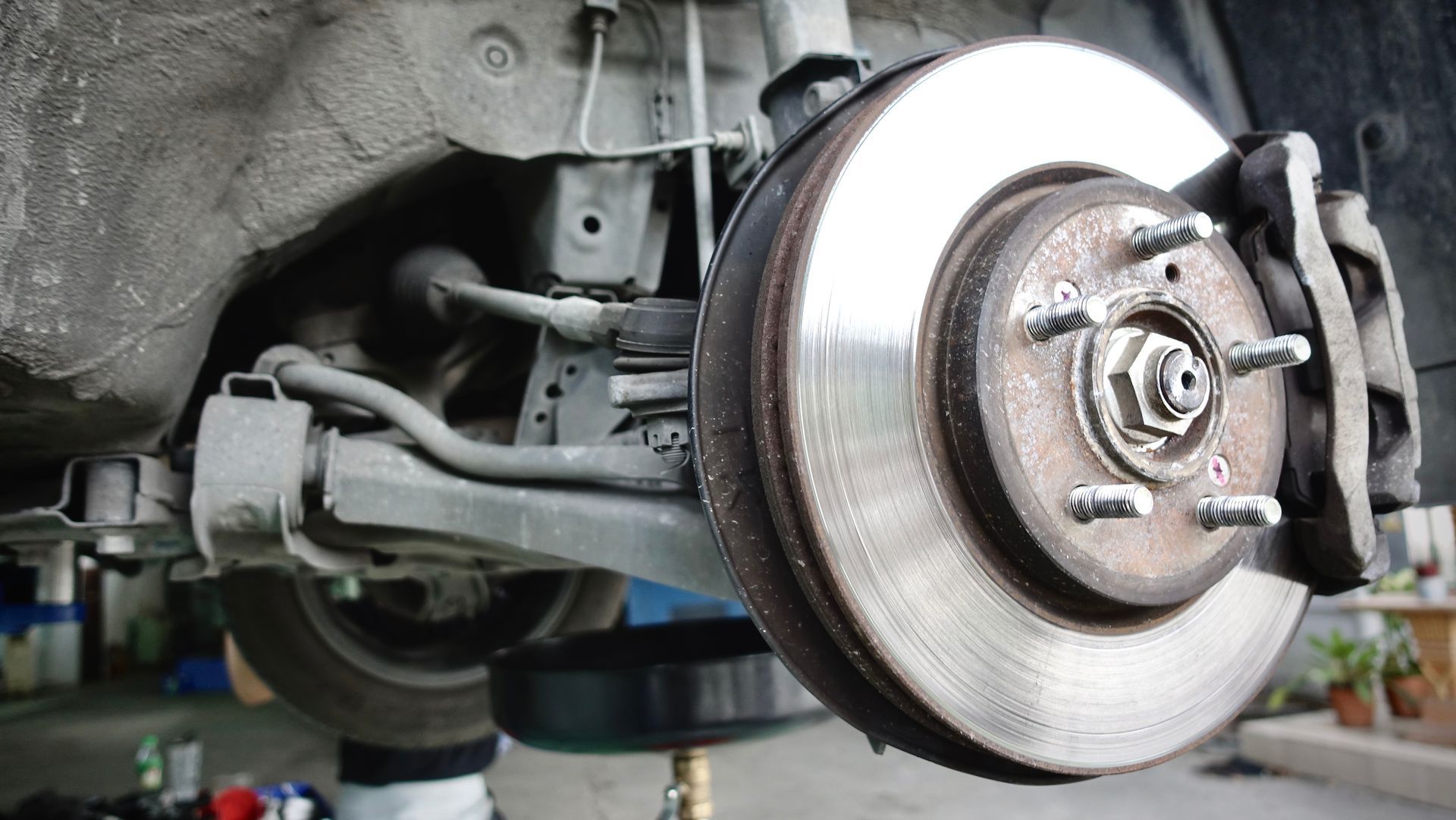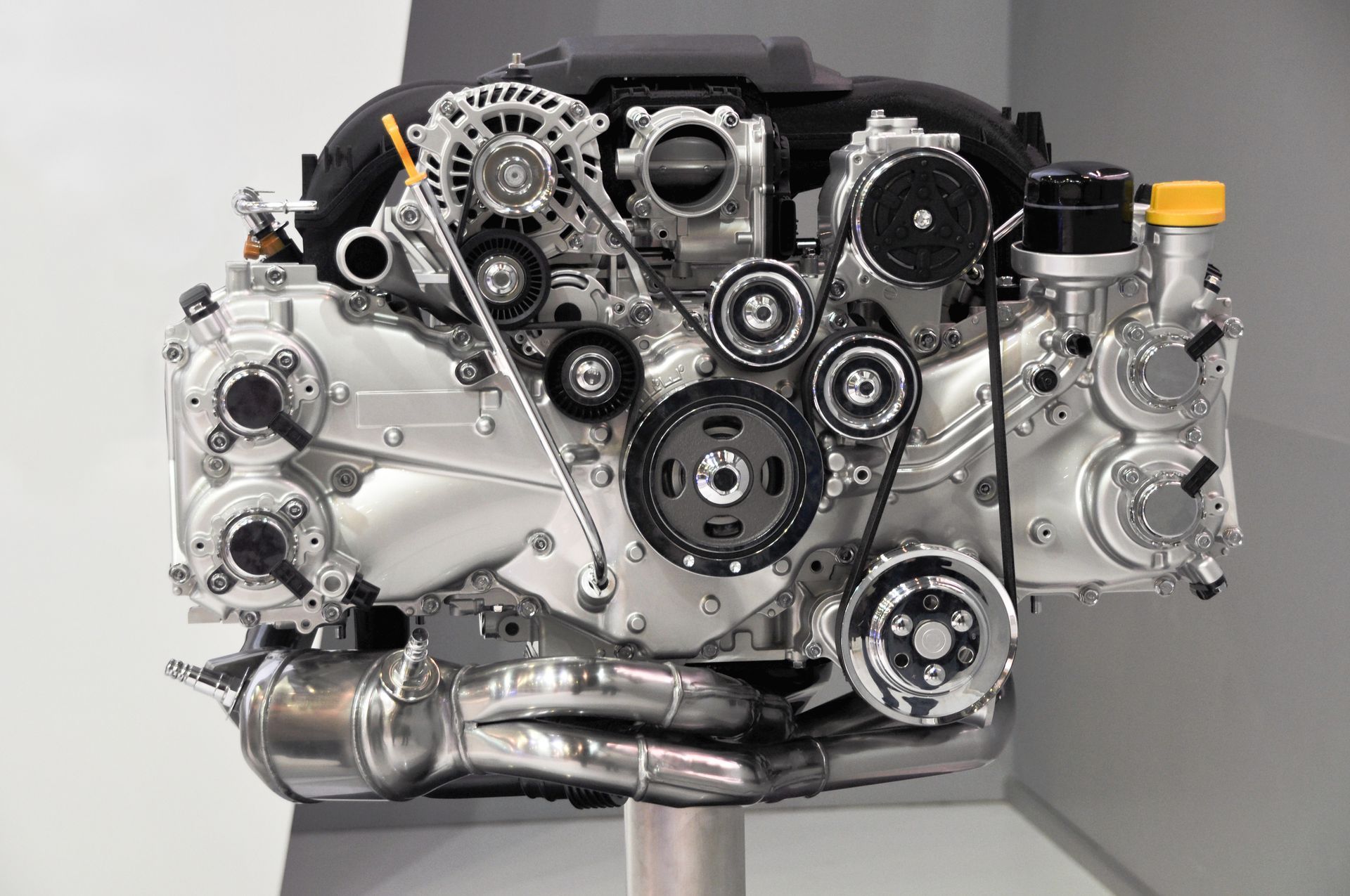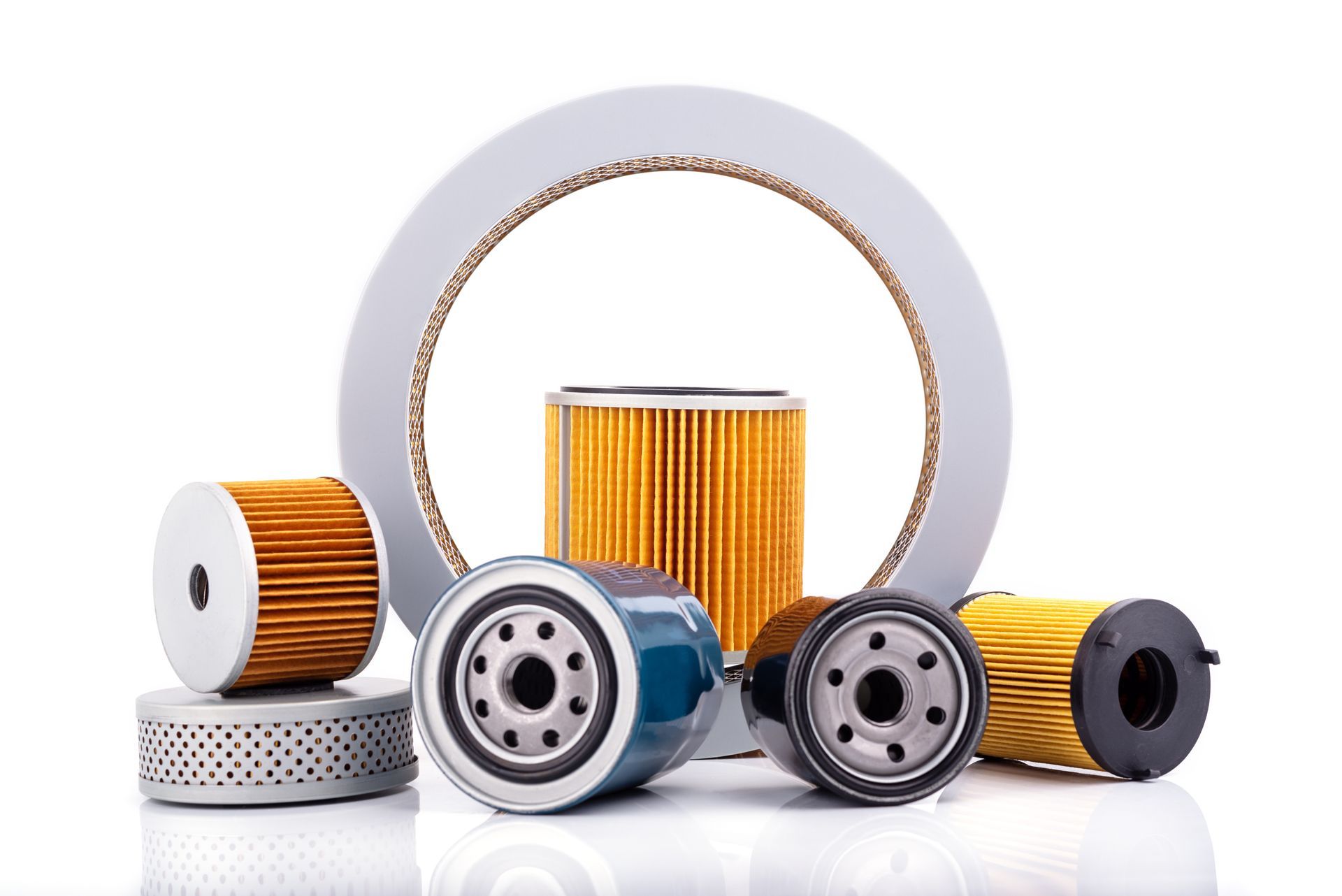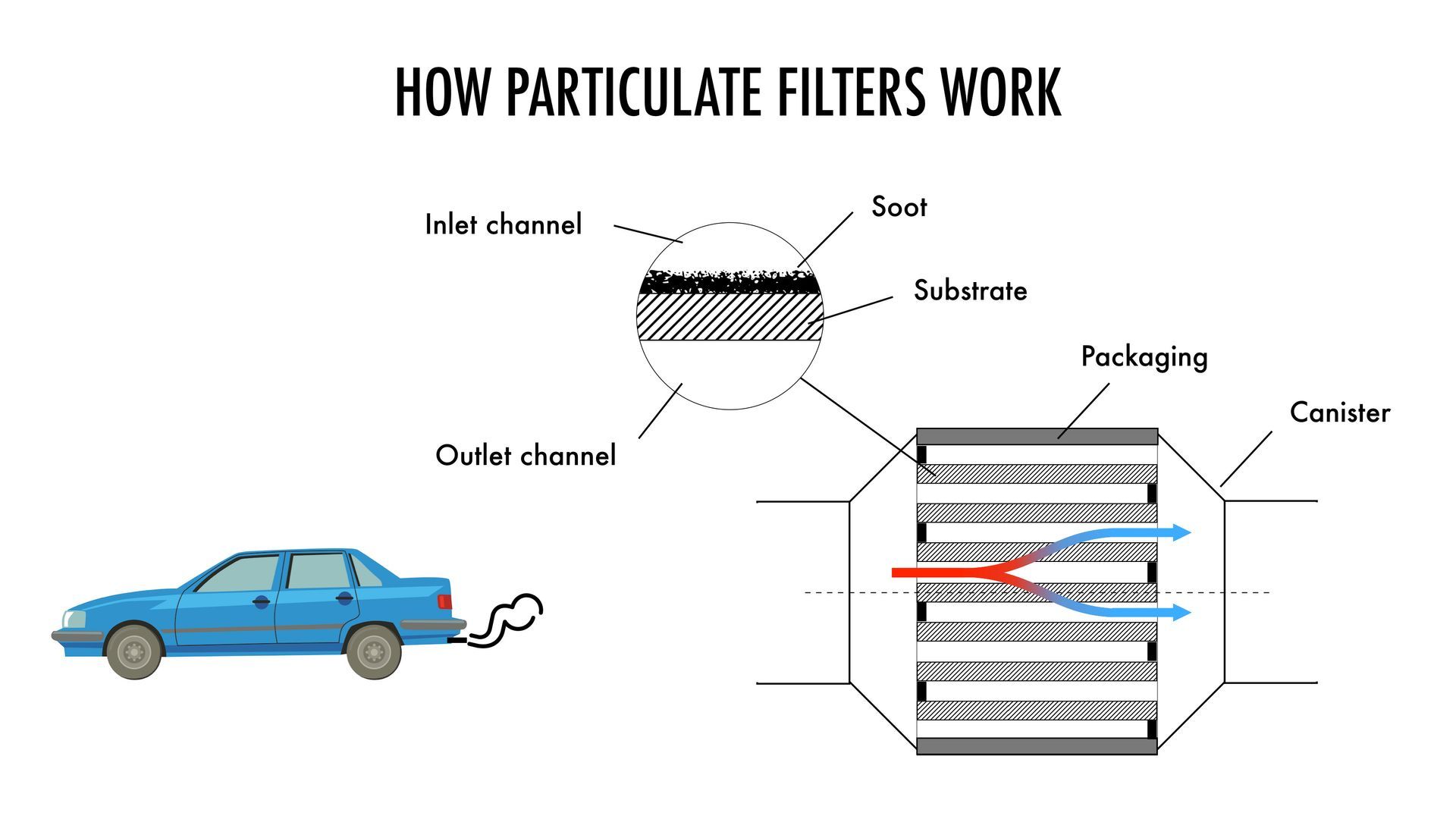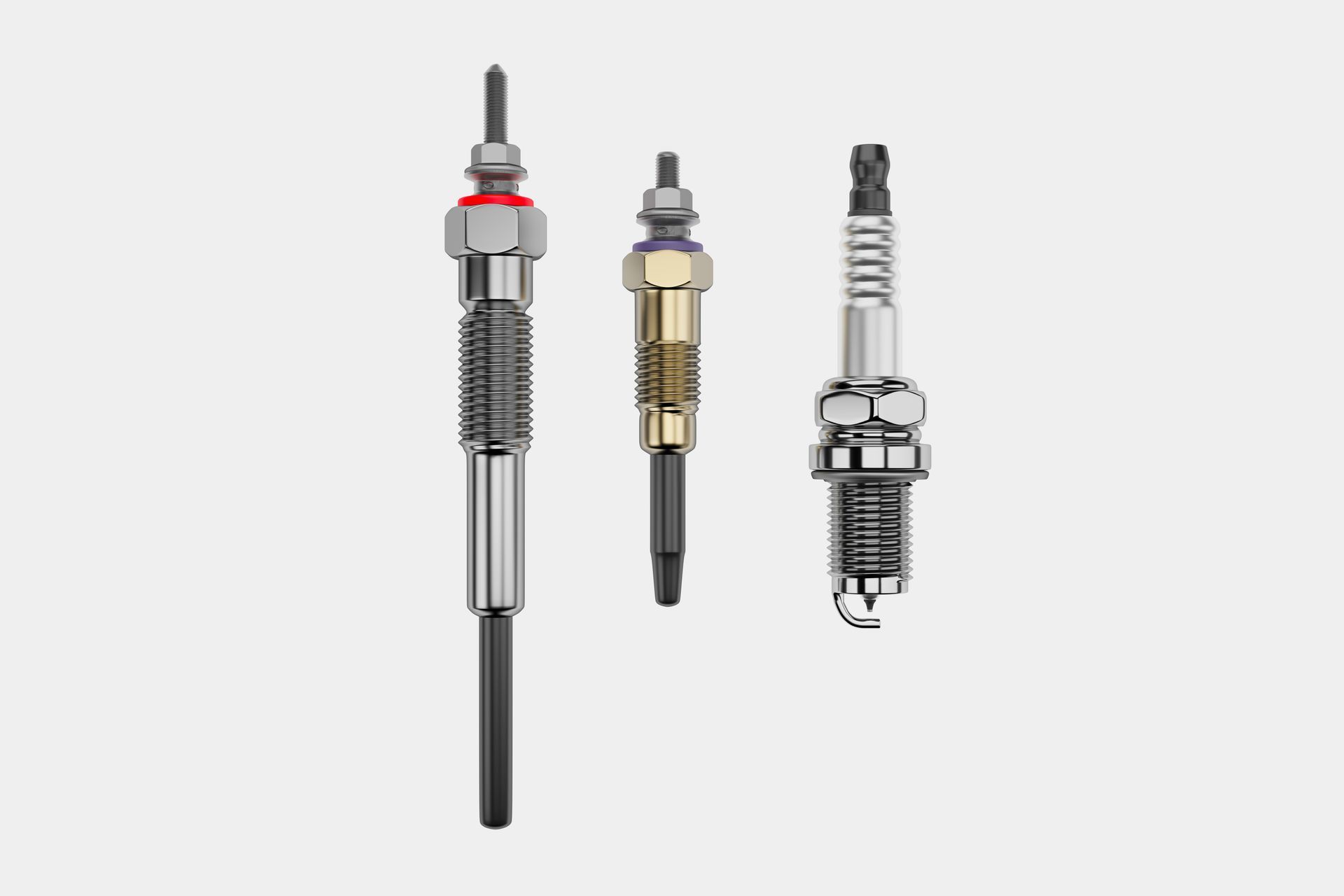Loading ...
Missing business hours data / Error occurred while getting the data.
Loading ...
Missing business hours data / Error occurred while getting the data.
Pick The Perfect Engine Oil With These Simple Steps
January 31, 2024
Ever found yourself lost in the maze of engine oil choices? You're not alone. Picking the right engine oil isn't just about keeping your car running - it's about giving it the care and maintenance it deserves.
Understand Your Vehicle's Needs
First things first, grab that often-neglected owner's manual from your glove box. Your car's manufacturer knows best when it comes to what type of oil your engine craves.
The manual usually specifies the right oil viscosity (that 5W-30 or 10W-40 label) and whether it recommends synthetic, semi-synthetic, or conventional oil. Starting here sets the foundation for your engine oil choice.
Synthetic vs Conventional
When it comes to engine oil, the choice often boils down to synthetic versus conventional, and understanding their differences can significantly impact your car's performance and longevity.
Synthetic Oil
Synthetic oil is like the high-tech athlete of the engine oil world. It's designed in laboratories to provide superior performance in several key areas:
Temperature Resistance
Synthetic oil excels in extreme temperatures. It won't thicken as much in cold weather, making cold starts easier and providing quicker protection. In hot conditions, it resists thinning better than conventional oil, maintaining optimal lubrication.
Engine Cleanliness
Thanks to its refined production process, synthetic oil contains fewer impurities. This means less sludge and deposit buildup, keeping your engine cleaner and running more smoothly.
Enhanced Protection
Its uniform molecular structure means synthetic oil creates a better and more consistent layer of lubrication, reducing engine wear over time.
Longevity
Synthetic oil tends to break down slower than conventional oil, meaning it can protect your engine for longer intervals between oil changes.
Conventional Oil
Conventional oil, the traditional option, has been lubricating engines for decades. It's derived directly from crude oil and is well-suited for many standard vehicles and driving conditions:
Cost-Effective
It's less expensive than synthetic oil, making it a budget-friendly choice for routine vehicle maintenance.
Versatility
Conventional oil is versatile and suitable for a wide range of vehicles, especially older models that don't require the high-tech benefits of synthetic oil.
Proven Track Record
It has a long history of reliable performance in standard driving conditions.
So, Which One Is Better?
The choice between synthetic and conventional oil should be based on several factors, including your vehicle's age, the manufacturer's recommendation, your driving habits, and the typical environmental conditions you drive in. While synthetic oil is often seen as the superior choice in terms of performance and protection, conventional oil continues to be a reliable and cost-effective option for many drivers.
Viscosity Matters
Viscosity – it's not just a fancy word. It's about how thick or thin your oil is. Think of it like choosing a winter coat versus a summer jacket. The right viscosity ensures your oil flows smoothly, providing optimal protection and performance in different temperatures. It's crucial to pick an oil with a viscosity that matches your car's requirements and your local climate.
The Change Interval
Oil doesn't last forever. Over time, it breaks down and loses its effectiveness. That's why knowing when to change your engine oil is as important as choosing the right one. While some oils promise extended life, always refer to your owner's manual for the recommended change intervals. Changes keep your engine in top shape, just like regular exercise keeps you fit.
ICDI Diesel Repair will take care of all your oil change needs and other car maintenance! Give us a call, schedule an appointment, and we will take care of the rest.
Reach Us:
Loading ...
Missing business hours data / Error occurred while getting the data.
Quick Links:
Loading ...
Missing nap lines data / Error occured while getting the data.

